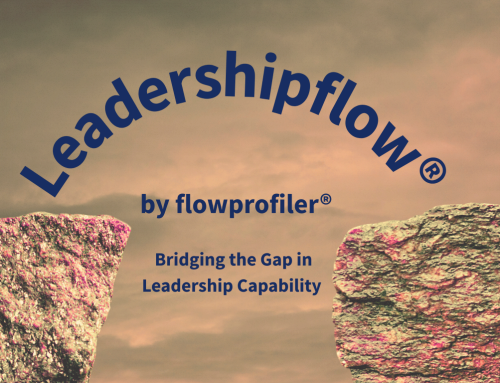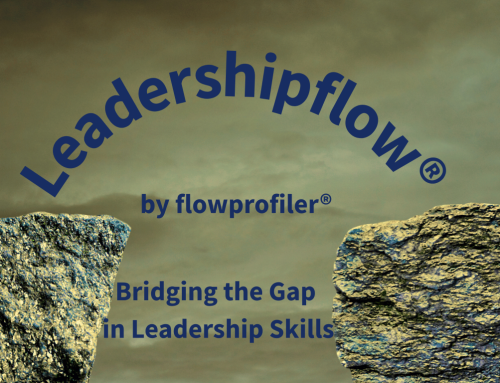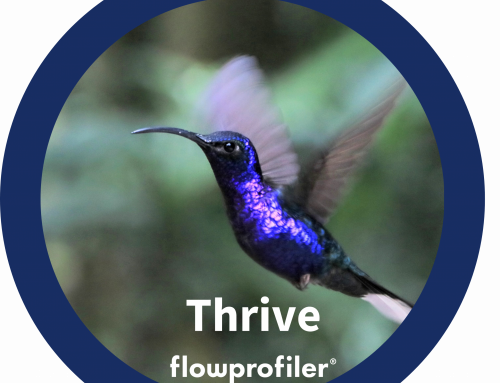 It is an era of constant disruption and any organisations face a growing gap in leadership capability. Despite an estimated $50 billion spent globally on leadership training each year, only 7% of CEOs feel their companies are building effective leaders, and just 10% see clear business impact from current initiatives (Feser et al., 2017).
It is an era of constant disruption and any organisations face a growing gap in leadership capability. Despite an estimated $50 billion spent globally on leadership training each year, only 7% of CEOs feel their companies are building effective leaders, and just 10% see clear business impact from current initiatives (Feser et al., 2017).
While leadership quality is more critical than ever, traditional approaches are falling short. In fact, 94% of executives deem leadership capabilities essential, but only 23% believe their leaders have the skills to navigate today’s disruptions, a stark leadership gap (Deloitte, 2023). This shortfall poses strategic risks, undermines an organisations’ agility and directly impacts performance.
The Growing Leadership Capability Gap
Accelerating market changes and workforce shifts have exposed significant leadership capability gaps across industries. Leaders at all levels are expected to drive transformation, but many lack the skills, knowledge and support to do so.
Recent surveys reveal that fewer than one in four organisations feel confident in their leadership’s ability to steer through disruption (Deloitte, 2023). Meanwhile, demand for transformational leadership, leaders who can inspire change and execute strategy, has never been higher. Yet companies often find their leadership pipelines unprepared, with emerging managers promoted to complex roles without sufficient development.
The cost of this gap is measurable in lower employee engagement, missed opportunities, and slower innovation. It’s no surprise that leadership development remains a top priority for HR; organisations know that closing this gap is critical for long-term success.
The Imperative for Leadership Pathways
To address the leadership gap, forward-thinking organisations are moving from ad-hoc training to transformational leadership pathways. Unlike one-off workshops, a pathway is a structured, long-term development journey aligned to business strategy. Evidence-based design is key.
An extensive review by the CIPD found that programmes tailored to specific skill needs and gaps are far more effective than generic, un-tailored training (CIPD, 2023). In practice, this means starting with a thorough needs analysis, and conducting a leadership capability gap assessment, and then mapping a targeted development plan.
Leaders engage in iterative learning with clear, evidence-based leadership development goals. According to McKinsey, successful companies contextualise their leadership development to their unique challenges and ensure it reaches across the organisation (Feser et al., 2017). In short, a leadership pathway that is designed to transform meets leaders where they are and builds the specific behaviours and mindsets needed to drive results.
An Evidence-Based, Customised Approach: The Leadershipflow® Pathway
A prime example of a modern leadership development pathway is Leadershipflow®, an evidence-based, customised programme designed to close capability gaps and deliver measurable outcomes.
According to its creators, Leadershipflow® is a “custom built, fully integrated, evidence-based leadership development journey” that builds the behaviours, mindset and skills an organisation needs to thrive.
Crucially, it adapts to your leaders rather than forcing a one-size-fits-all model. Each Leadershipflow® engagement takes a data driven approach and begins with a discovery phase to pinpoint goals and current leadership capabilities, including the input from all participating leaders. This approach ensures the pathway targets the right competencies. The program then unfolds over 12–18 months, blending workshops, coaching, and assessments (flowprofiler, n.d.).
Customisation and organisational alignment are at its core, every session and project is anchored in the company’s strategic objectives and values, so that leadership behaviours are developed in context. For example, Leadershipflow® explicitly aligns each leader’s growth to organisational goals and cultural priorities, embedding accountability and shared ownership of outcomes.
Throughout the journey, progress is measured and tracked using flowprofiler® psychometric assessments, providing quantifiable evidence of behavioural change and growth in capability. This emphasis on measurement and feedback ensures that the investment delivers real ROI, leaders emerge with demonstrable improvements in areas like strategic decision-making, emotional intelligence, and team leadership effectiveness.
Leadershipflow® illustrates how a well-designed pathway can serve as a catalyst for cultural and strategic change, not just individual skill-building. By hardwiring leadership development into day-to-day business practices, such pathways drive sustainable performance improvements. The result is leaders who are better prepared, more adaptable, and closely aligned with the organisation’s mission, exactly what’s needed to bridge the leadership capability gap.
Closing the leadership gap is not about a single training event, but about committing to a continuous, evidence-based development pathway. Organisations that invest in transformational leadership pathways like Leadershipflow® gain a competitive edge, they cultivate leaders who can navigate uncertainty, foster high-performing teams, and execute strategy with agility.

“The Leadershipflow® Pathway has made a huge difference for us as a leadership team.
I have seen a big shift in our leaders. It is really hitting home.”
– Chris Morrison, Operations Manager, Cupitt’s Estate
The payoff is evident in higher engagement, stronger accountability, and ultimately, better business results. In a world defined by change, building leadership capability through a structured, customised pathway is more than a development initiative, it is a strategic imperative for organisational success.
References:
-
Chartered Institute of Personnel and Development (CIPD). (2023). Leadership development: An evidence review (Scientific summary). CIPD. (Evidence-based findings on effective leadership development design.)
-
Deloitte. (2023, January 10). 2023 Global Human Capital Trends: New fundamentals for a boundaryless world. Deloitte Insights. (Survey of 10,000+ leaders highlighting leadership capability gaps and readiness.)
-
Feser, C., Nielsen, N., & Rennie, M. (2017, August 1). What’s missing in leadership development? McKinsey Quarterly. (Research on why many leadership development programs fail to achieve lasting impact.)
-
flowprofiler®. (n.d.). Leadershipflow® Pathway Brochure. flowprofiler®. (Product brochure outlining the Leadershipflow® development pathway and its principles.)



